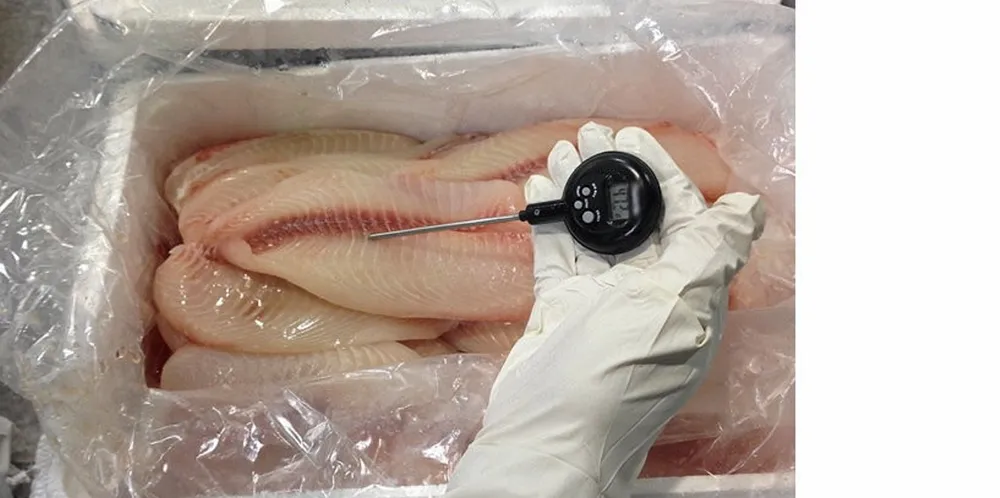US government watchdog: FDA's seafood warning-letter system needs improvements
The FDA is not consistently following key procedures or meeting key goals when it sends warning letters to seafood companies regarding potential food safety violations.

The FDA is not consistently following key procedures or meeting key goals when it sends warning letters to seafood companies regarding potential food safety violations.
